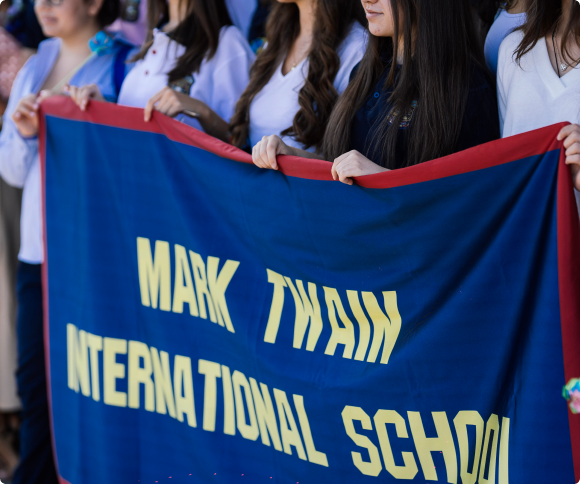The IB Diploma Programme is an academically challenging and balanced
programme of education, with final examinations, that prepares students
aged 16 to 19 for their academic success and a fruitful life beyond. It has
been designed to address the intellectual, social, emotional and physical
well-being of students.

The Diploma Programme students are taught by teachers who explicitly
help them learn how to develop the attitudes and skills they need for both
academic and personal success.
There are six key pedagogical principles that underpin all IB programmes.

This area develops essential skills that include skills of behavior and
emotional management, skills that allow the students to monitor their own
effectiveness in their learning path, and skills that allow them to process
information effectively (often called “study skills” in a school environment).
DP students must choose one course from each of five subject groups
delivering a breadth of knowledge and understanding in language and
literature, individuals and societies, as well as sciences and mathematics.
Furthermore, students must also choose either an arts course from the arts
group or a second course from one of the other subject groups.
Students can study and take examinations in English, French or Spanish.
Two courses are classified as interdisciplinary, meaning that they satisfy
the requirements of more than one subject group.
In addition to disciplinary and interdisciplinary study, the DP features three
core elements that broaden students’ educational experience and challenge
them to apply their knowledge and skills.
The extended essay (EE) requires students to engage in independent research through an in-depth study of a question relating to one of the subjects they are studying. The world studies EE option allows students to focus on a topic of global significance, which they examine through the lens of at least two DP subjects.
Theory of knowledge (TOK) develops a coherent approach to learning that unifies the academic disciplines. In this course on critical thinking, students inquire into the nature of knowing and deepen their understanding of knowledge as a human construction.
Creativity, activity, service (CAS) emphasizes on helping students to develop
their own identities in accordance with the ethical principles embodied
in the IB mission statement and the IB learner profile. CAS complements
a challenging academic programme in a holistic way, providing
opportunities for self-determination, collaboration, accomplishment and
enjoyment.
Students take written examinations at the end of the programme which are
marked by external IB examiners, and also complete assessment tasks in the
school, which are sent to external examiners. The grades awarded for each
course range from 1 (lowest) to 7 (highest).
The diploma is awarded to students who gain at least 24 points, subject
to certain minimum levels of performance across the whole programme
and to satisfactory participation in the CAS requirement. The highest
total that a DP student can be awarded is 45 points.
Assessment is criterion-related, which means student performance is
measured against specified assessment criteria based on the aims and
objectives of each subject’s curriculum, rather than the performance of other
students taking the same examinations.
